Madness: Methane emissions tax rips heart out of NZ farmers
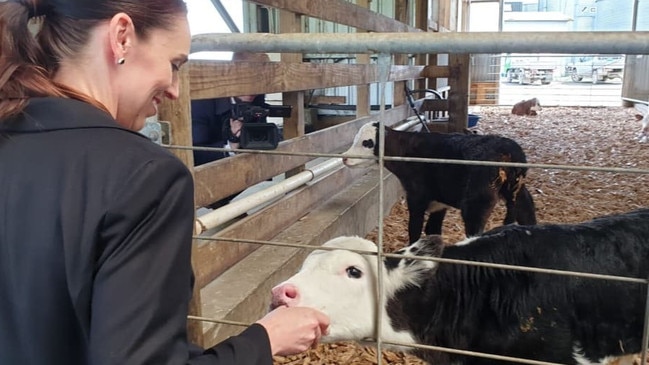
Our Prime Minister, the poster child of modern-day socialism, wants once again to boast on the world stage that she’s taking the lead in climate policy – this time by introducing a price on agricultural emissions of greenhouse gases.
That she wants the owners of ruminant livestock to pay a penalty for a by-product of a digestive process that is older than the dinosaurs, is madness personified.
Methane, an atmospheric trace gas, is part of an ancient natural cycle. Plants absorb carbon dioxide and using the green chlorophyll in their leaves combine it with water to trap the sun’s energy as food. When plant matter is eaten by ruminants, methane is produced, which breaks down into carbon dioxide and water vapour to continue the cycle.
Over three-quarters of the planet’s methane comes from natural sources such as wetlands, with the balance produced by landfills, rice paddies, and livestock. Since New Zealand has only one per cent of the world’s farmed ruminants the actual contribution of Kiwi livestock to methane in the atmosphere is almost too small to measure.
Announcing her plan, the Prime Minister boasted: “No other country in the world has yet developed a system for pricing and reducing agricultural emissions, so our farmers are set to benefit from being first movers. Cutting emissions will help New Zealand farmers to not only be the best in the world but the best for the world; gaining a price premium for climate friendly agricultural products while also helping to boost export earnings.”
In other words, the PM plans to tax the agricultural sector so heavily that by 2030 an estimated 20 per cent of sheep and beef farmers and five per cent of dairy farmers will be forced out of business.
Agriculture is New Zealand’s biggest industry, generating more than 70 per cent of our export earnings and about 12 per cent of our gross domestic product.
The impact of Ardern’s tax on the sector will be significant. Prices of homegrown protein – including milk, cheese, and meat – will undoubtedly rise as local production falls. Our crucial export returns will decline – by up to an estimated 5.9 per cent for dairy, 21.4 per cent for lamb, 36.7 per cent for beef, and 21.1 per cent for wool.
We can see the potential fallout by reminding ourselves of the consequences of a previous reckless decision by our Prime Minister when, without warning, she banned new offshore oil and gas exploration on the eve of a meeting of world leaders – so she could boast about her decisive climate change leadership.
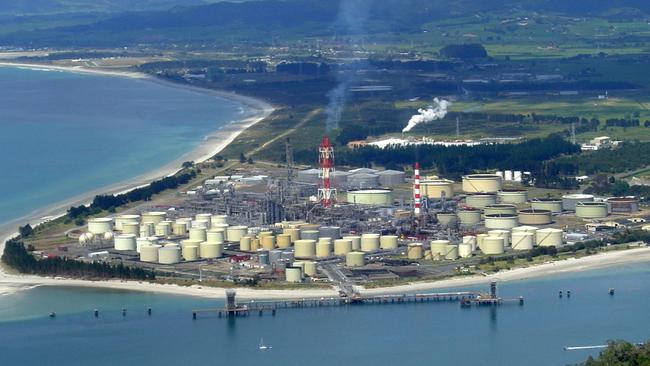
That decision contributed to the closure of the Marsden Point Oil Refinery – with a loss of 240 local jobs and many hundreds more indirectly – leaving New Zealand dependent on imported fuel that we used to produce ourselves – and, paradoxically, increasing greenhouse gas emissions.
Like that decision, this policy will have profound and widespread consequences, far beyond the damage to those farmers who are expected to be forced out of the industry; their departure will impact heavily on farm services, meat processing plants, local schools, and the other local businesses.
What’s even more irrational is that the forced exit of the world’s most emissions-efficient farmers will increase global emissions as other less efficient nations increase production to fill the gap.
The tax is being forced onto our productive sector at a time when almost 200 coal-fired power stations are under construction in Asia. The world’s major emitters of China and India have already admitted they’re not planning to take serious action on reducing emissions for up to fifty years, as they prioritise the economic wellbeing of their nations by expanding essential electricity supplies.
Robin Grieve – the Chairman of FARM (Facts About Ruminant Methane) and Pastural Farming Climate Research points out that the move is in contravention of the Paris Agreement which ruled out emission reductions that reduce food production.
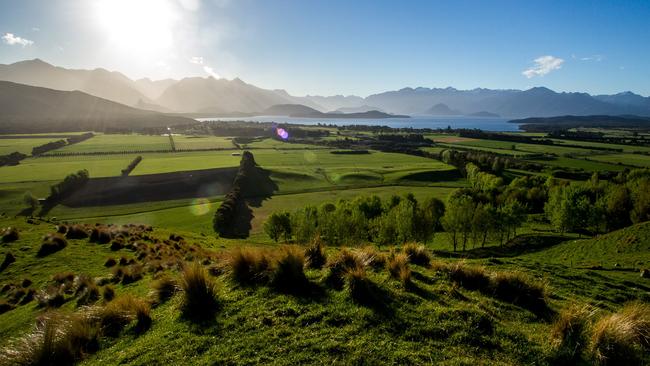
“With farmers not able to take any useful actions to reduce emissions and avoid the tax, the Government’s scheme is only going to achieve emission reductions by increasing farm costs and pushing a percentage of farmers out of business,” he says. “The UN is acutely aware that previous climate policy initiatives, such as pushing biofuel use, resulted in mass starvation as food producing land was diverted to producing fuel. This was described by one UN committee as the greatest crime against humanity ever. Pushing New Zealand farmland out of food production and into forestry is the same thing.”
Federated Farmers Chairman Andrew Hoggard believes the plan will “rip the guts out of small town New Zealand, putting trees where farms used to be.”
He says the agricultural industry worked for two and a half years on a proposal which would honour the Paris Agreement by not reducing food production, but the Government then changed the rules: “It’s gut-wrenching to think we now have this proposal from government which rips the heart out of the work we did. Out of the families who farm this land. Our plan was to keep farmers farming. Now they’ll be selling up so fast you won’t even hear the dogs barking on the back of the ute as they drive off.”
Dr Muriel Newman is the founding director of the NZ Centre for Political Research



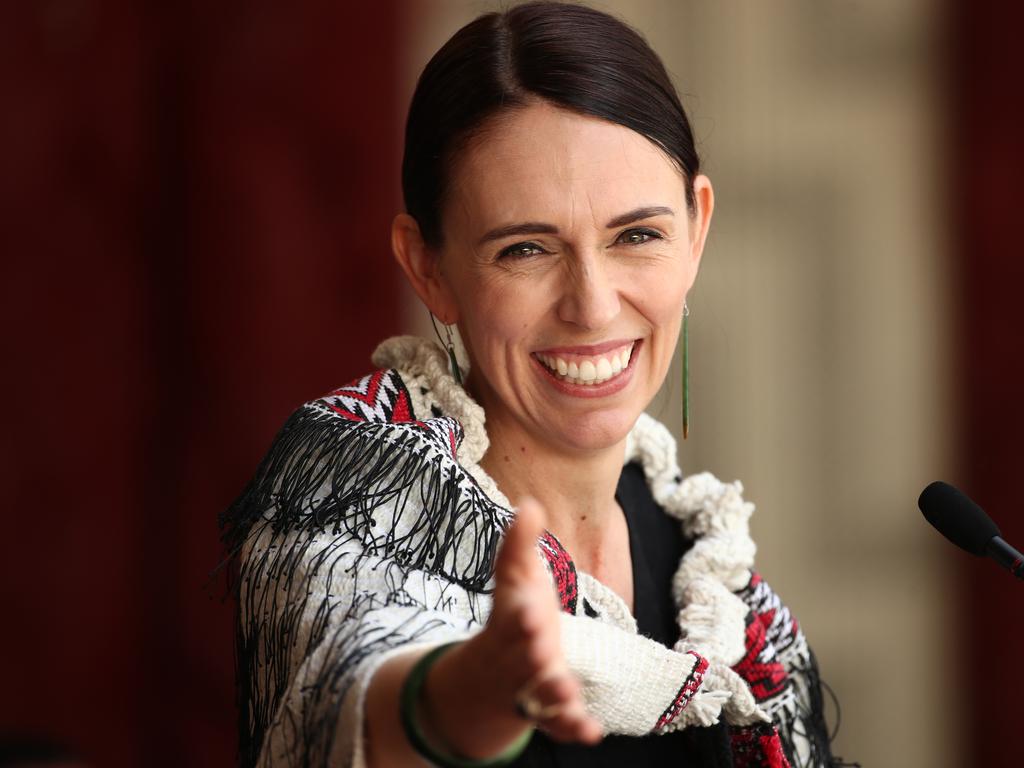
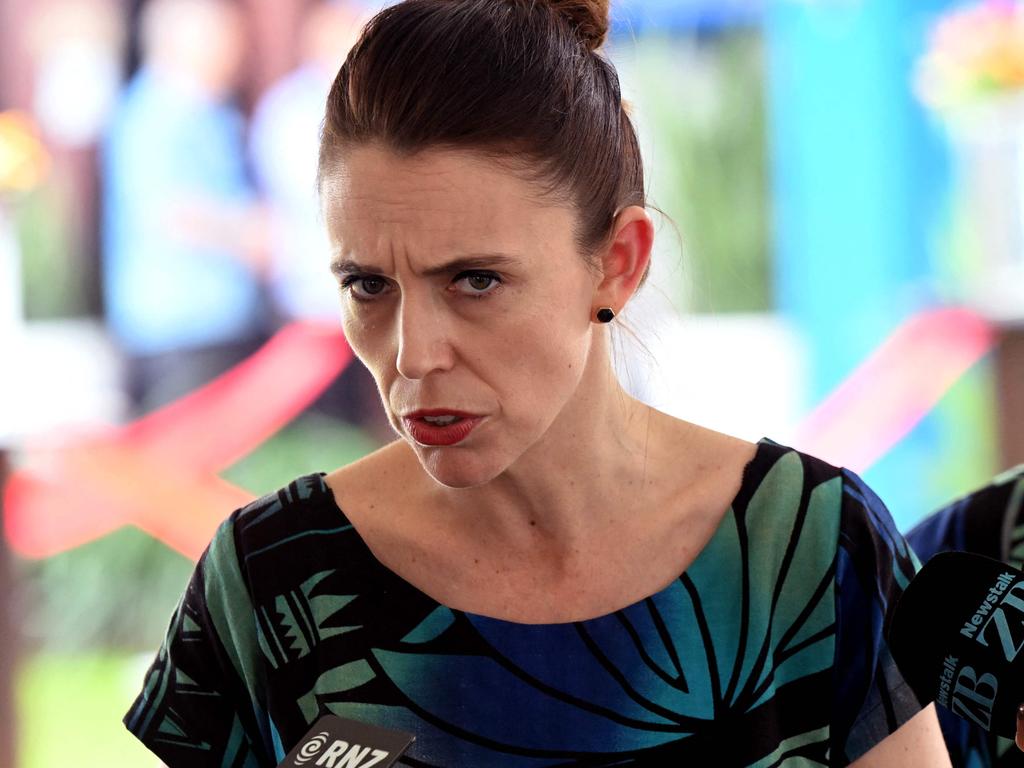


It seems inconceivable that at a time of hyperinflation and global unrest, any government would deliberately destabilise the agricultural sector by introducing policies that would increase costs to primary producers, reduce production, and fuel price increases. Yet that’s what Jacinda Ardern’s Labour government is planning to do.